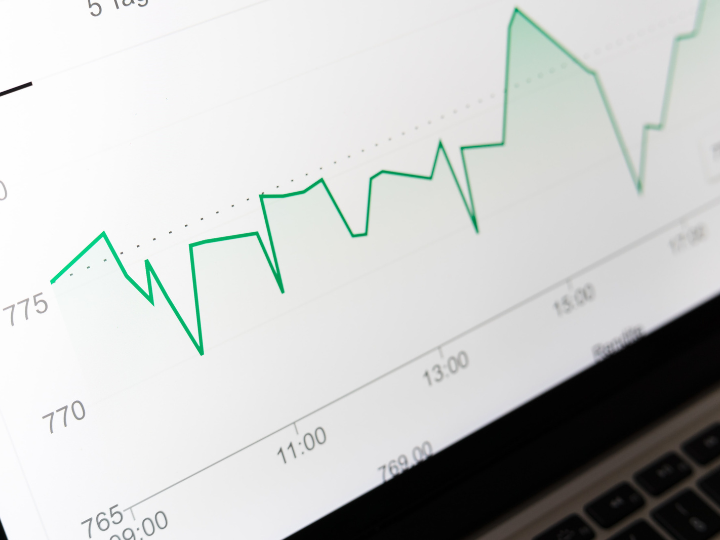by Radu Magdin*
Specifically, good quality crude that while relatively high in sulphur is very much in demand by everyone. And Saudi has a lot of it: Saudi Arabia holds about 25% of the world’s proven reserves and can extract it at about USD 4 per barrel, compared to about USD 45 per barrel for U.S. shale oil. Until recently, Saudi was China’s [http://../../Downloads/RAND_RR1229.pdf]foremost source of imported crude oil and held the same position in South Korea as well as Japan.
The world’s top crude oil exporter could, by most estimates, continue focusing on crude oil for the foreseeable future. Transport alone assures a steady demand. The leitmotif of Saudi’s next decades, however, isn’t crude oil.
It is investment: fixed capital investment in Saudi Arabia itself, human capital investment in the Saudi people, and financial global investment.
The Saudi story increasingly receives global attention, as the Al Arabiya news television channel serves as a potent tool of soft power for the country, projecting the kingdom’s perspectives on regional and global issues and influencing public opinion through its wide-reaching media presence.
Let’s look at these three directions in turn.
Fixed Capital Investment
If city-states once equaled civilization itself, Saudi’s bet is that they might once more. NEOM was officially announced in 2017 by Crown Prince Mohammed bin Salman as a close to central component of Saudi Arabia’s comprehensive plan to diversify its economy, summarised under Vision 2030. Devised as a cross-border city, NEOM is strategically located at the intersection of Saudi Arabia, Egypt, and Jordan, offering a wealth of opportunities for economic collaboration and cultural exchange.
The idea for NEOM extends far beyond conventional city planning. It aspires to be a global network hub for innovation, commerce, and economic development, in the same vein as the older city-states and the way mega-cities such as Shanghai, Beijing, New York or London serve this role today. With a focus on growth sectors, including artificial intelligence, renewable energy, biotechnology, and entertainment, NEOM seeks to attract global talent and investment.
Human Capital Investment
New city-states sometimes require the best citizens and perhaps the best way to have them is to develop them yourself. Central to Saudi Arabia’s human capital development is a robust commitment to education and Saudi has initiated a series of reforms aimed at enhancing the quality of education at all levels.
For starters, investments in K-12 education, higher education, and vocational training programs are focused on creating a set pipeline of Saudi citizens with the skills required for the demands of a contemporaneous, knowledge-based economy.
Simultaneously, in order to ensure that the workforce is equipped with practical skills and competencies, Vision 2030 places a significant emphasis on vocational training. The Saudi Technical and Vocational Training Corporation(TVTC) has been instrumental in developing programs that align with the needs of industries and provide individuals with the skills required for gainful employment.
Global Financial Investment
Significant parts of the business world are in some respect highly underfunded by traditional lenders such as banks or equity markets and very much in need of financial capital.
One of those places is Africa and Sub-Saharan Africa in particular. Saudi has financial capital and the ability to provide it as ‘patient capital’. The partnership to be developed stands both self-evident and potentially highly lucrative for both sides.
As such, Saudi Arabia’s economic diplomacy in Africa is partially driven by the recognition of the continent’s immense potential for growth and development, in particular in the context of sheer demographic growth.
The wider Horn of Africa area, where Saudi investments tend to focus, would be expected to increase its population by 44% in the next 15 years and by 87% over the next 30 years. Egypt alone is expected to see an increase of about 60% to 158 million.
Perhaps with this in mind, the Kingdom has embarked on a mission to forge economic partnerships that extend beyond the traditional oil-centric relationships. Through initiatives such as the Jeddah Peace Agreement, Saudi Arabia aims to strengthen energy security and foster collaboration with African nations as well as between African nations, to enable an investment-friendly climate that could unlock Africa’s potential.
Takeaway
If Saudi’s past revolved around the export of crude oil, Saudi Arabia is shifting to a new era marked by investment as the leitmotif of its domestic and foreign policy. This encompasses both fixed capital investments such as the wider NEOM project, its perhaps less advertised changes in human capital development as well as its financial investment focus on high-growth areas.
*a power strategist passionate for Leadership, Communications, Competition & Risk, a member of Forbes Business Councils, author of the forthcoming book "Global Europe & Global Romania: a Competition and Communications Playbook"




 By: N. Peter Kramer
By: N. Peter Kramer
